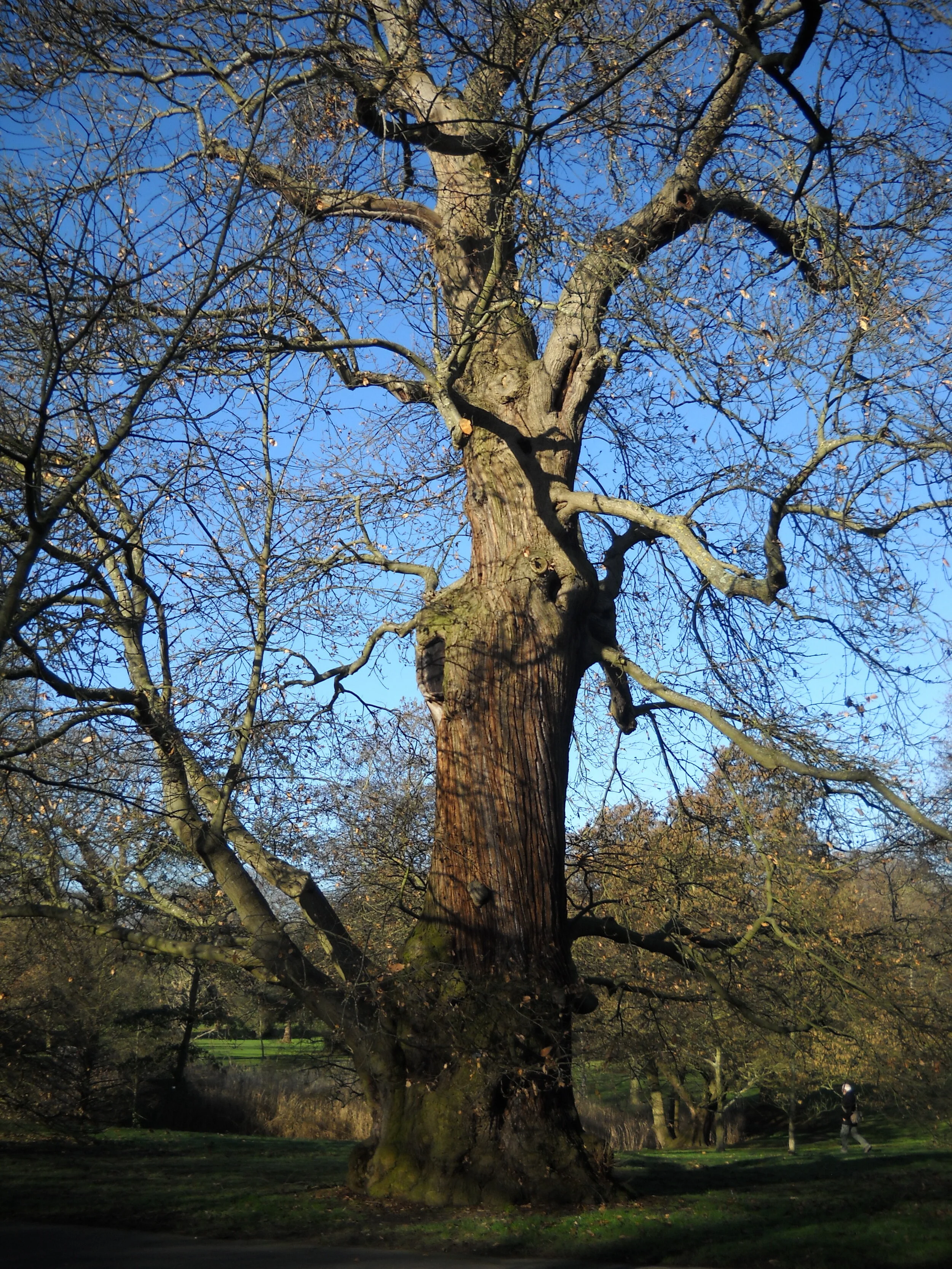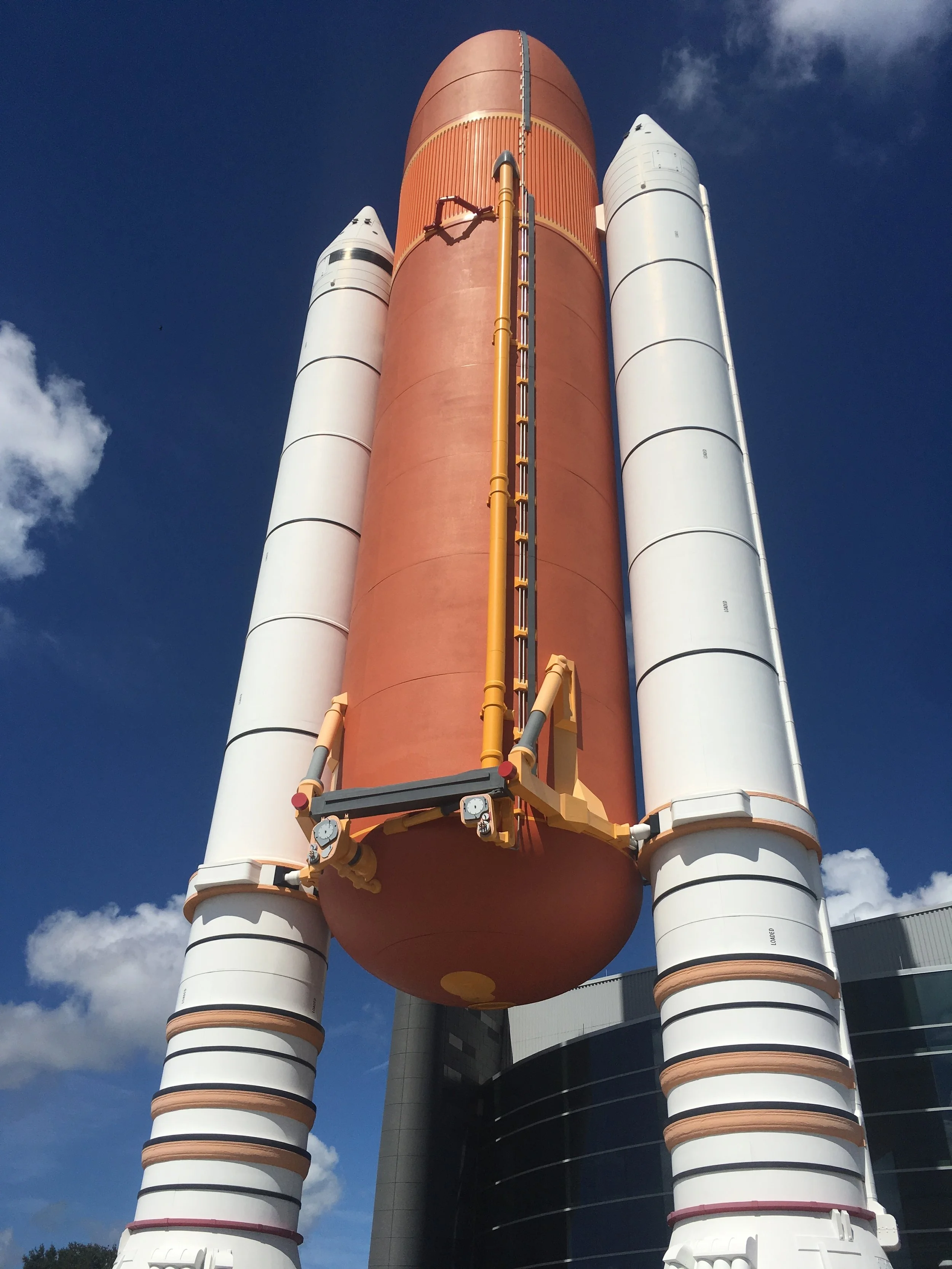Developing Land You Already Own
WhenYou Already Own The Dirt:
Let’s say that somehow you came into land and own it outright. Well, based on my experience you’re about 1/3 of the way there. I say this because my cost-to-completion over the years for land development has been roughly 1/3 acquisition and holding, 1/3 entitlement & permitting and 1/3 construction.
I have no idea what the costs are in your area, or the characteristics of your land, but the main point is to understand that taking raw land to its highest and best use is going to take some additional time, effort and money.
Our scenario assumes that you own the land outright, no debt and no liens on the land. Nonetheless, you are accumulating costs of ownership in the form of property taxes and hopefully you are insured to cover liability and other insurable risks.
I will not comment on construction costs, since they are too closely tied to the specifics of the land and the permit requirements.
What should I do first?
Most landowners have a vision of what they would like to develop. The very first thing is to determine what is possible to do according to the governing laws that affect the development of the land. Within the allowable legal possibilities you may find, as I have, that just because something is legally allowable does not mean it actually can be done.
I had a past project that had an ideally located and deeded easement that I would have liked to use for road access. Unfortunately, a portion of the deeded easement ran through a Class A wetland so there was no way I could permit and construct the road in the real world. It was a legal easement, but not realistically possible to construct, so it was useless. Understand and pay attention to this key subtlety - legally allowable vs realistically possible.
Civil Engineer:
A civil engineer is a key ally throughout all stages of a project and should be consulted in the initial stages. Most engineering firms will provide an initial consultation at no cost to you but make sure to clarify this when scheduling. A qualified engineer can assist in the conceptual planning by taking into account the local development code and the specific site characteristics.
I usually like to meet the engineer on-site and then do the follow up at his or her office. There’s no substitute for an on-site visit. That’s about as far as you will get at no cost, but also be fully aware that the engineers review is in no way a guarantee that the project can actually be done.
Other Consultants:
Every piece of land is unique, so the engineer may suggest bringing other consultants into the loop to assess the viability of the plan. In my home state there are significant wetland issues, so a wetland consultant is frequently needed to classify them and a surveyor to do the wetland mapping. Larger engineering firms may have these specialists in-house, or they may refer out to separate firms that they have worked with in the past.
Over the years I have used a variety of consultants, some typical and some very unusual due to unique or downright weird site characteristics. Besides the civil engineer, typical consultants in land development include: land use attorneys, soil consultants, wetland firms, wildlife biologists, environmental consultants, surveyors, water use consultants, septic design firms, septic installers, traffic study firms, aerial photographers and well drillers, just to name a few. I think the two most unusual consultants I have ever used were an acoustic engineer and an archeologist - oddly, on the same project.
How to find the right consultant:
These days I know the firms to use and the ones not to use, but one way to find the right consultant is to identify the ones that have worked on projects that are nearby and have similar development characteristics to mine.
The engineer that did a nearby project recently, and close to my site, might be a good person to interview since he has worked the immediate area. Keep in mind that proximity is only relevant if the land characteristics and development goals are similar to my land. Again, every piece of land is unique!
Another way is to research nearby approved and permitted projects. This is easily done on the county or city website where I can identify the owner/applicant who I can outreach to. The engineering firm will show on the face of the approved plat, so I can ask the owner how that firm performed on the project. If the owner won’t talk to me, at least I have the engineering firm identified and contact can be made with them.
Consultant watch outs:
I am always wary of any consultant involved in land development that gives me nothing but positives about a proposed project. I’ve never seen one come out “nothing but positive”, so I always feel more comfortable when consultants address the possible problems or significant issues that might come up along the way. In my experience the best consultants rarely speak in absolutes - phrases like “this can definitely be done”. There are exceptions, mostly revolving around situations they know absolutely cannot be done.
If you are looking for positive assurances regarding a land development project, you might be playing in the wrong game. In the end, the go/no-go decision will be yours, my friend. That’s why land development is a speculative undertaking, which means: the undertaking of risk on the chance of success, not the guarantee of success.
Another consultant watch out isn’t related directly to the consultant, it has to do with the client, meaning me. If I hire a consultant, or group of consultants and they guide me in a direction that I decide to overrule or ignore, I do it at my own risk. I knew a guy that battled with his engineer on a storm drainage design that was much more complicated and expensive than originally forecast.
Through fighting his consultants he directed several costly and time consuming design modifications that were quickly rejected by county staff. In the end he had to do it their way, but it cost him. He wound up solving the problem in the way his team originally proposed.
There’s a lot of ego in this business, especially with land developers. But then again…it’s your money…knock yourself out if you want!
Wrap up:
I have done smaller projects on my own with minimal or no professional advisement. This is usually when I have a simple and linear entitlement effort to put forth.
More typically, I have had to engage multiple consultants to put together an overall plan to include lot design, topographic issues, road ingress and egress, water, power, sanitation, environmental etc.
Remember what was said in the beginning of this post. In my experience the cost of a project, even if I own the land outright, is only about 1/3 of the way there. Hopefully the content provided outlines some of the other key considerations for taking the initial steps to determine the feasibility of a project, especially conceptual planning and entitlement. Good luck!






